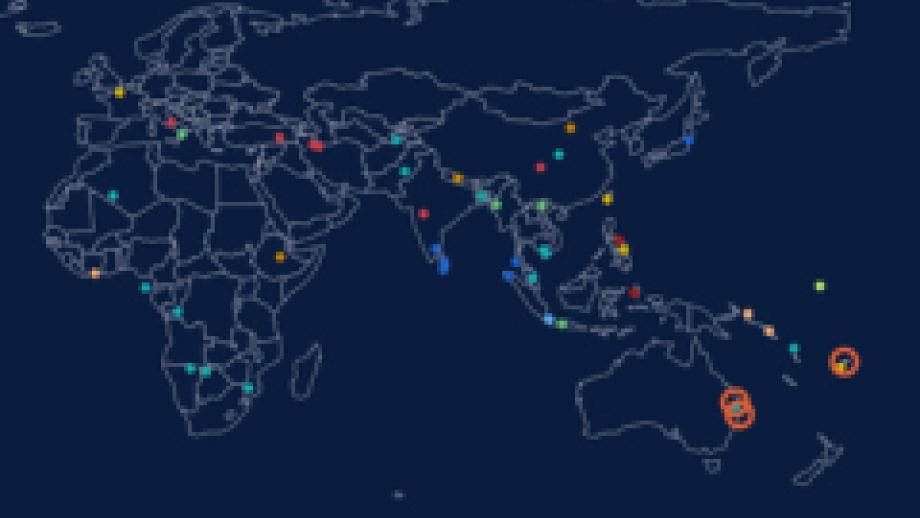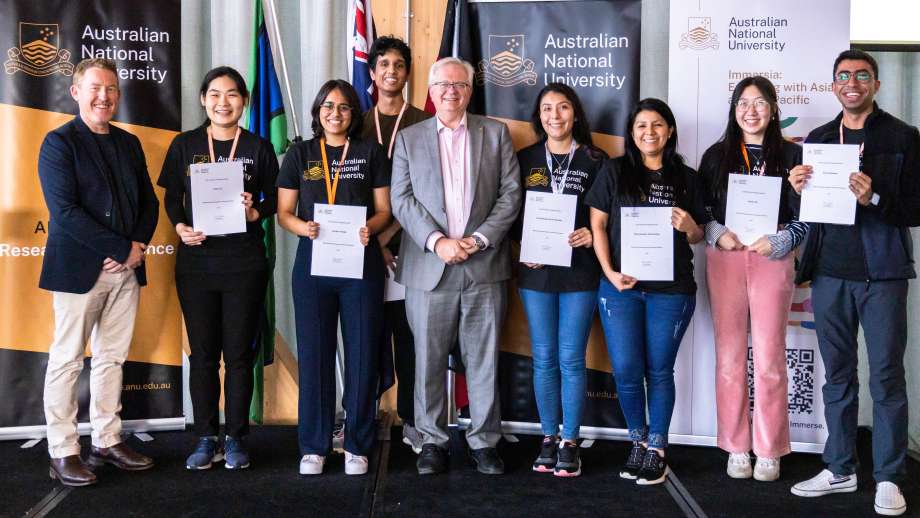Transforming humanitarian response and action: What can we learn from the women, peace and security agenda?
Presented by ANU College of Arts & Social Sciences
On 31 October 2021 we mark the 21st anniversary of the unanimously adopted UN Security Council Resolution UNSCR 1325 on Women, Peace and Security (WPS). The WPS agenda acknowledges that women and girls are disproportionately and uniquely impacted by armed conflict and disasters and recognises the critical role that women can and already do play in peace building efforts. UNSCR 1325 affirms that peace and security efforts are more sustainable when women are equal partners in the prevention of conflict, the delivery of relief and recovery efforts and in the decision making around all aspects of lasting peace.
In 2021 there have been even more difficulties across humanitarian and crisis situations, especially with the significant impacts of the COVID pandemic reinforcing gender inequality; economic hardship, poverty and hunger; changing political conflicts; violence including increased gender based violence; and protracted displacement.
Within this context what has the global community learned about what these challenges mean for humanitarian responses today and into the future? This webinar examines the lessons which can be learned from building on the WPS agenda; its accomplishments and challenges; and what this means for policy and practice which integrates a gendered approach that includes meaningful participation of women and girls across all aspects of humanitarian actions to build a durable peace.
Speakers
Beth Eggleston: Beth is passionate about approaching humanitarian action differently. After surviving the bureaucracy of large international NGOs and the United Nations, Beth co-founded Humanitarian Advisory Group in 2012, a social enterprise that aims to harness humanitarian passion with entrepreneurial energy and innovation. A 2019 Fulbright scholar, Beth was able to learn more about how militaries engage in disaster response operations at United States Naval War College. Beth has a Masters of Development Studies and was awarded the Humanitarian Overseas Service Medal by the Australian government in 2011.
Jules L. Frost: Jules is the Civil Society Engagement Adviser of the Australian Civil-Military Centre where she contributes to the advancement of national capabilities to prevent, prepare for and respond more effectively to humanitarian crises through advancements in civil-military-police engagement. An executive with over 25 years of international experience in humanitarian contexts, Jules is new to Canberra, having recently moved from Switzerland where she was based for nearly 10 years working with organizations including World Vision, Medair, and the CHS Alliance. Jules has a Master of Arts degree from American University in International Communications and Development and a Bachelor of Arts degree in Public Relations from Pepperdine University.
Facilitated by Ludmilla Kwitko, Honorary Associate Professor, ANU Gender Institute
Location
Speakers
- Beth Eggleston
- Jules L. Frost
Contact
- ANU Gender Institute



